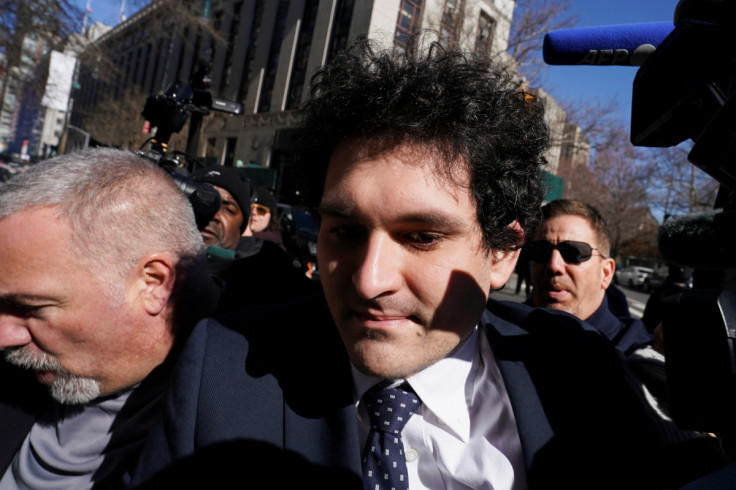Bankman-Fried Testifies In Criminal Trial As Jury Waits In The Wings

Sam Bankman-Fried, the co-founder of the now-bankrupt crypto derivatives exchange FTX and crypto hedge fund Alameda Research, took the stand in his criminal trial Thursday afternoon after Judge Lewis Kaplan had sent the jury home for the day. This indicated that the judge intended to rule on which parts of the defendant's testimony would be admissible.
Hailed by Time Magazine as one of the top 100 most influential people of 2022, Bankman-Fried appeared in a gray suit to testify in his criminal fraud trial, considered one of the most significant fraud cases since Bernie Madoff.
Judge Kaplan stated that there were disputed areas in Bankman-Fried's testimony, pointing out, "There are areas of testimony that the Government contends the jury should not hear."
The judge's decision followed the prosecution resting its case, alleging that Bankman-Fried had stolen billions of dollars from customers, investors, and lenders. The defense had presented its first two witnesses, Bankman-Fried's lawyer in the Bahamas, Krystal Rolle, and database expert Joseph Pimbley.
This marked the first time the court had the opportunity to hear Bankman-Fried's version of events since the start of his criminal fraud trial, as he had only taken notes on a laptop prior to this, ever since prosecutors presented their case.
Although an unconventional strategy, the defense's decision to put their client on the stand is viewed by many as a potential Hail Mary move, especially after the prosecution called witnesses with both personal and professional knowledge of the issues, including those within Bankman-Fried's inner circle.
The 31-year-old MIT graduate has pleaded guilty to two counts of fraud and five counts of conspiracy, potentially facing decades of jail time if convicted.
Bankman-Fried's testimony is expected to continue for the rest of the day, with the prosecution planning to cross-examine him on Friday.
Cohen: What communications platforms did FTX use?
— Inner City Press (@innercitypress) October 26, 2023
SBF: Telegraph, Slack and Signal.
Cohen: What is Signal?
SBF: It was not saved by any host.
Cohen: Was encryption important to FTX?
SBF: Yes, we were hacked. So data would be vulnerable
In the initial minutes of Bankman-Fried's time on the stand, he answered questions about the communication platforms FTX used, explaining that the exchange had been "hacked," making data vulnerable, emphasizing the importance of encryption and the use of Signal. He also mentioned "security concerns" when they were headquartered in Hong Kong and suggested that "former employees might have data to sell to a competitor."
Interestingly, when asked if FTX had been hacked, Bankman-Fried responded, "Never a core breach. But third parties were hacked."
At one point, criminal defense lawyer Mark Cohen inquired, "Why did you sign for both FTX and Alameda?" to which Bankman-Fried replied, "I was CEO of both at that time. FTX didn't have a bank account." Cohen further asked, "Did you believe taking FTX deposits through Alameda was legal?" to which Bankman-Fried responded, "I did."
© Copyright IBTimes 2024. All rights reserved.












